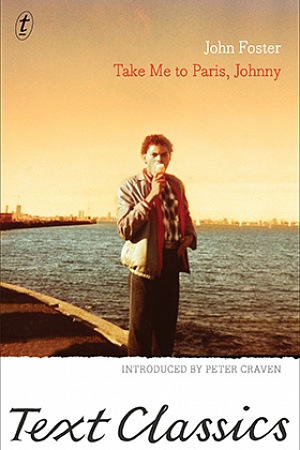Stealing stories, Thieving lives
We are the stories we tell. We need our stories: they make us feel real. Stories give to our personal experience the particular shapes and cohesiveness we call ‘self’. When we enter into new friendships, when we fall in love, we tell our stories. The closer we draw to people, the more of our stories we are willing to risk. ‘Risk’ is always a factor. If we fall out with our closest friends, if love turns to enmity, the stories which are us may be stolen from our telling, and reshaped with malicious intent, putting at peril our cohesiveness, pressing us into despair, pushing towards the fragmentation of self we call madness. The stories which make us strong, self-confident, keep us vulnerable as well. Stories are easy to steal.
Community too is constituted by story. We feel included because we know and can re-tell the stories of the groups to which we belong. And we need to belong: otherwise we become alienated figures in an arid, if not hostile, social space. Protecting our shared stories, we protect each other.
Continue reading for only $10 per month. Subscribe and gain full access to Australian Book Review. Already a subscriber? Sign in. If you need assistance, feel free to contact us.














Leave a comment
If you are an ABR subscriber, you will need to sign in to post a comment.
If you have forgotten your sign in details, or if you receive an error message when trying to submit your comment, please email your comment (and the name of the article to which it relates) to ABR Comments. We will review your comment and, subject to approval, we will post it under your name.
Please note that all comments must be approved by ABR and comply with our Terms & Conditions.